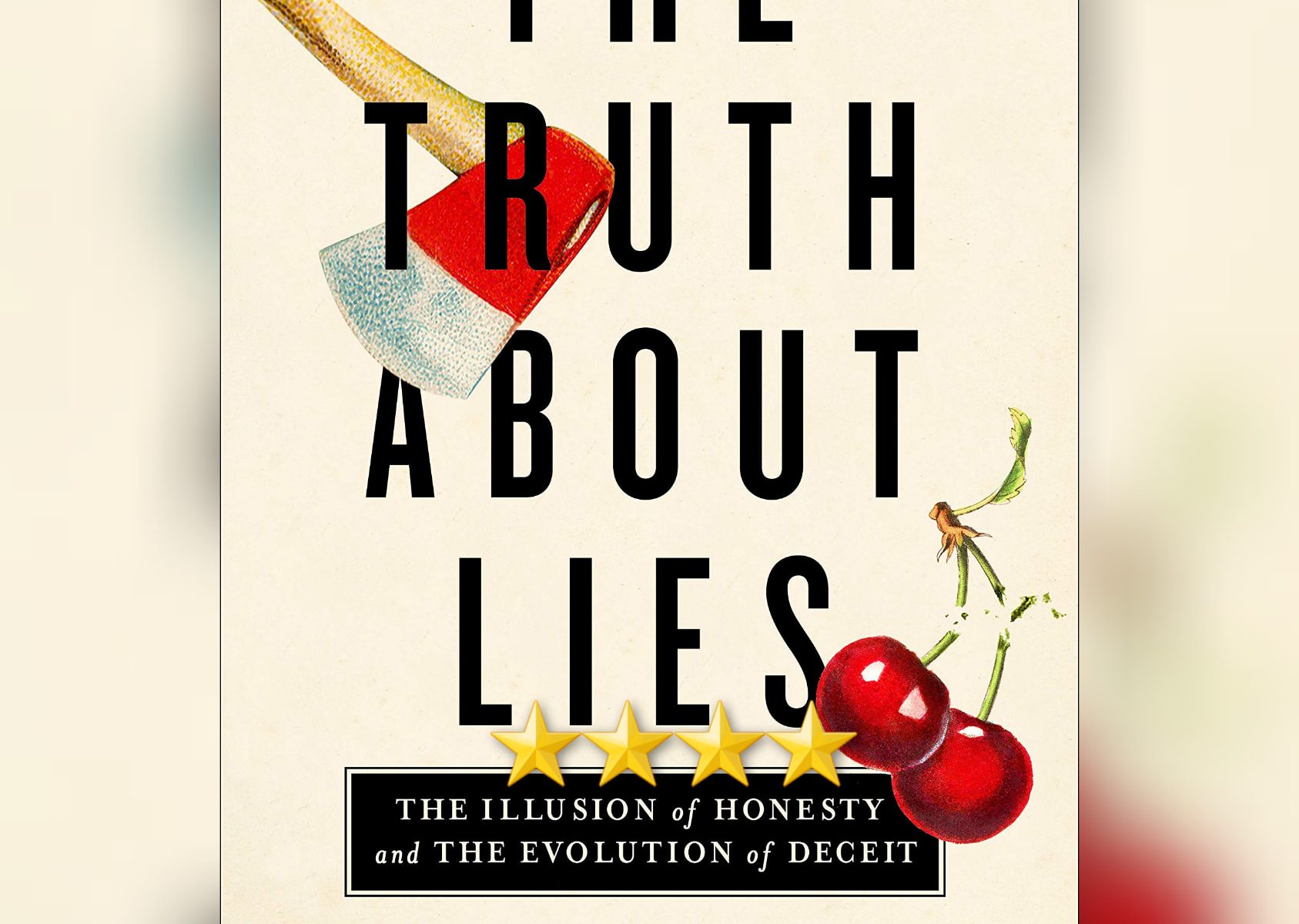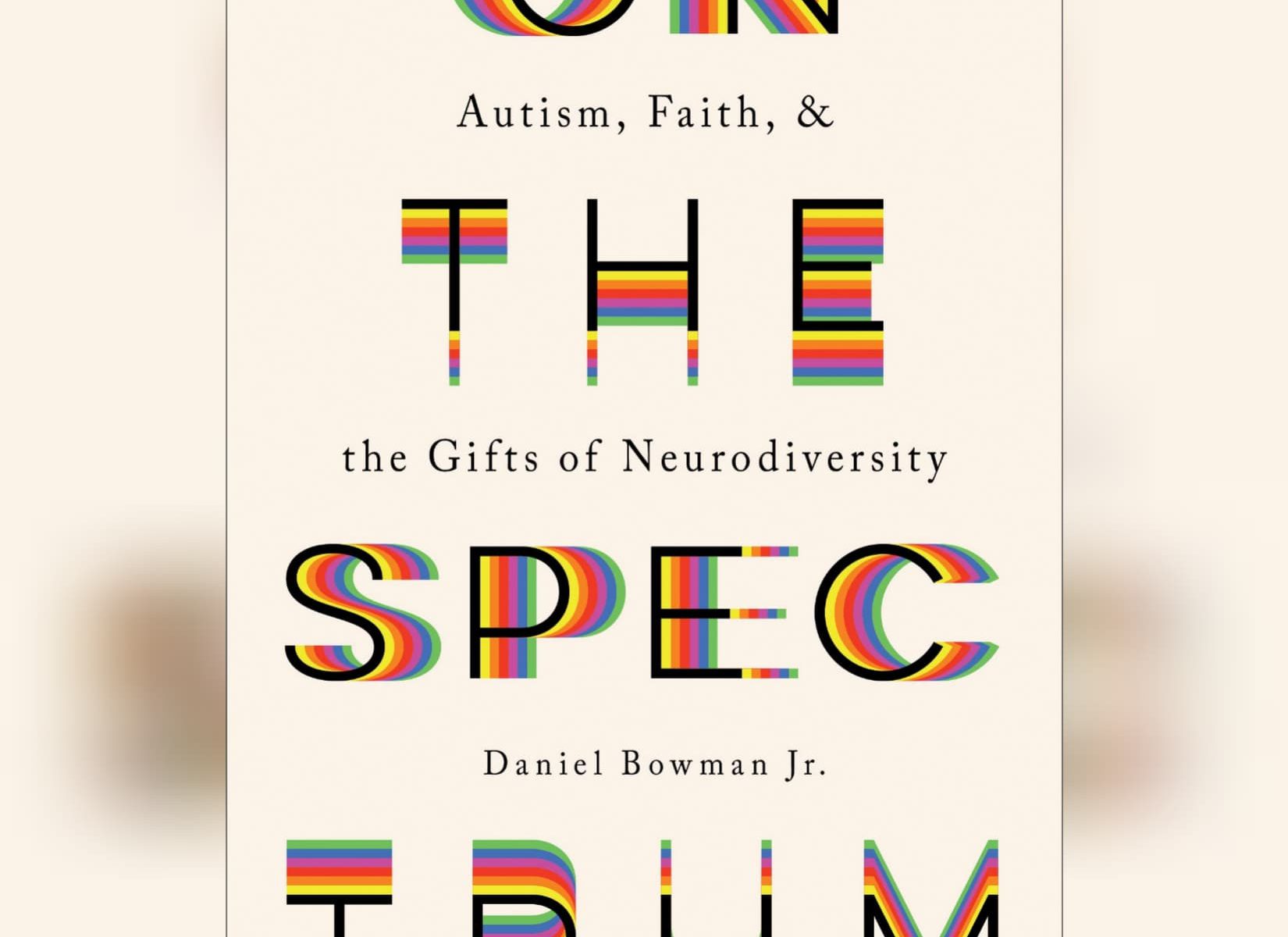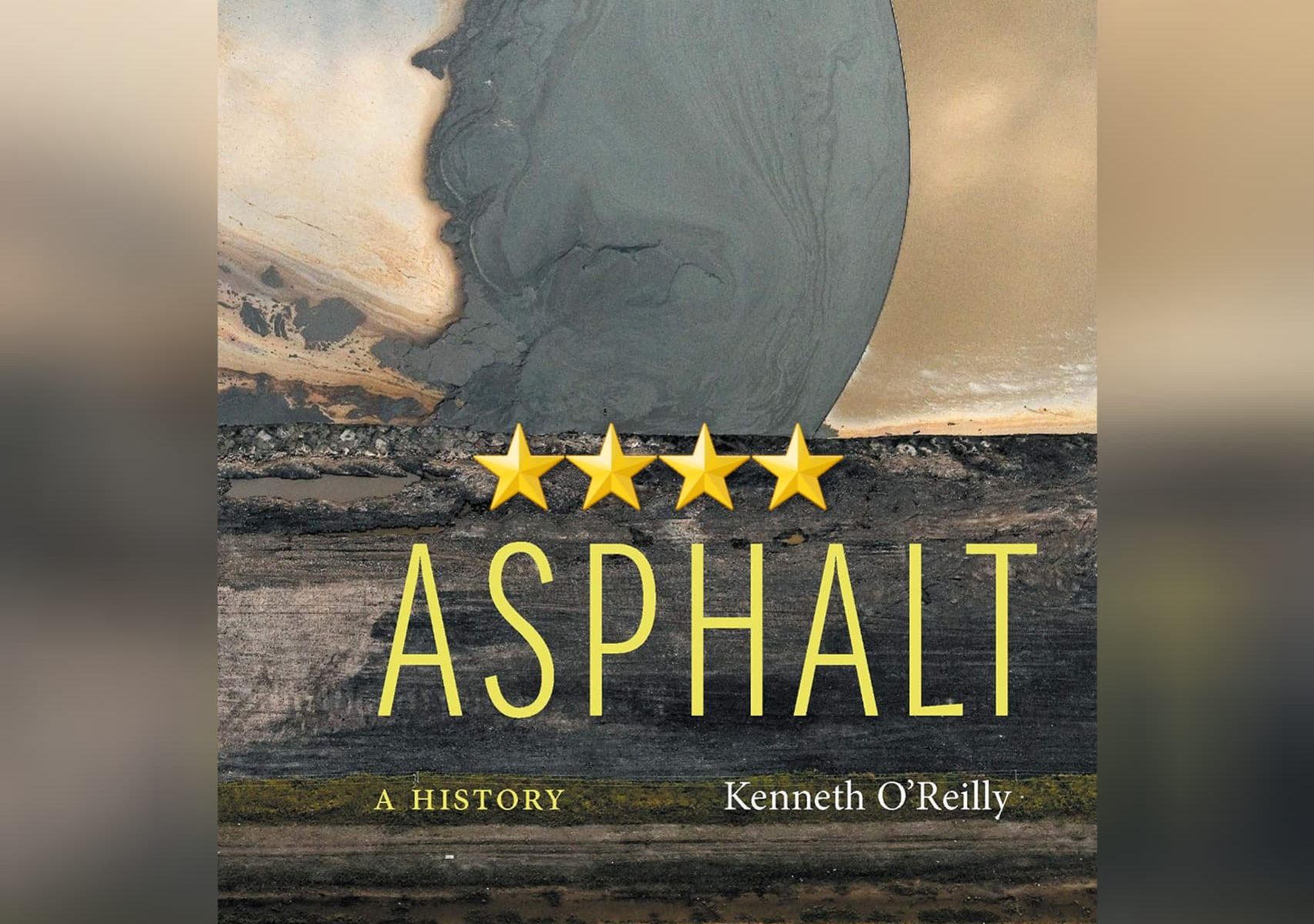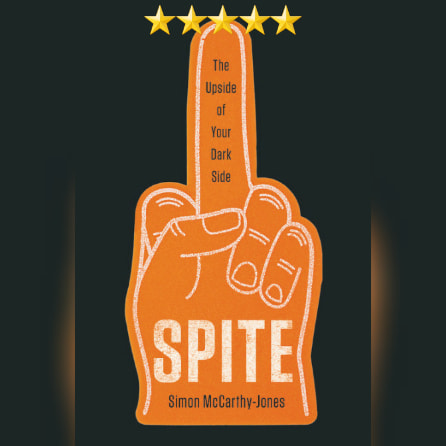I made it a point to get this one in during #AutismAcceptanceMonth, even though it doesn’t actually release until August.
This is apparently officially a “collection of essays”, but the organization works such that it never feels disjointed, as other efforts of this vein I’ve read tend to do. But that could just be my own #ActuallyAutistic mind working similarly to Bowman’s.
If you’ve ever heard of the late great Rachel Held Evans, and particularly if you like her style, you’re going to enjoy this particular book. Bowman has a roughly similar background to Evans (and thus even rougher similar to myself) in that he has experience in the Baptist church and now finds himself in a more progressive mainline church, and in both of their cases are more academic-oriented to boot. Thus, even while explaining his own version of the intersection of faith and Autism – and on being Autistic more generally, but through that lens – his words really do evoke the same kinds of tones Evans’ work did.
This was enjoyable for me due to the *lack* of constant “Autistics need government intervention” diatribes that so many books make their central point of Autism – even from among fellow Autistics (such as Eric Garcia’s We’re Not Broken, which publishes a week earlier and which, IIRC, I posted about here roughly a month ago). Instead, Bowman’s life and thoughts flow more closely to my own, with key community members becoming mentors over the eras and helping him naturally become all that he now is.
Indeed, if I have a criticism of the book – and I do, though it isn’t large enough for a star deduction – it is the emphasis on an “official” Autism diagnosis. I trust docs as much as I trust politicians these days – which is to say, I don’t trust them to accurately tell me the color of the noontime cloudless sky, and verify it myself. And one does not need someone else to dictate a word based on their own understanding of it, particularly when that person isn’t even living with the thing in question. And this ignores the very real, sometimes very negative, real world repercussions of having such an “official” label.
Still, for anyone interested in knowing more about what life is really like as an Autistic, this truly is one of the better books I’ve come across in my own readings. Very much recommended.
This review of On The Spectrum by Daniel Bowman Jr was originally written on April 26, 2021.










